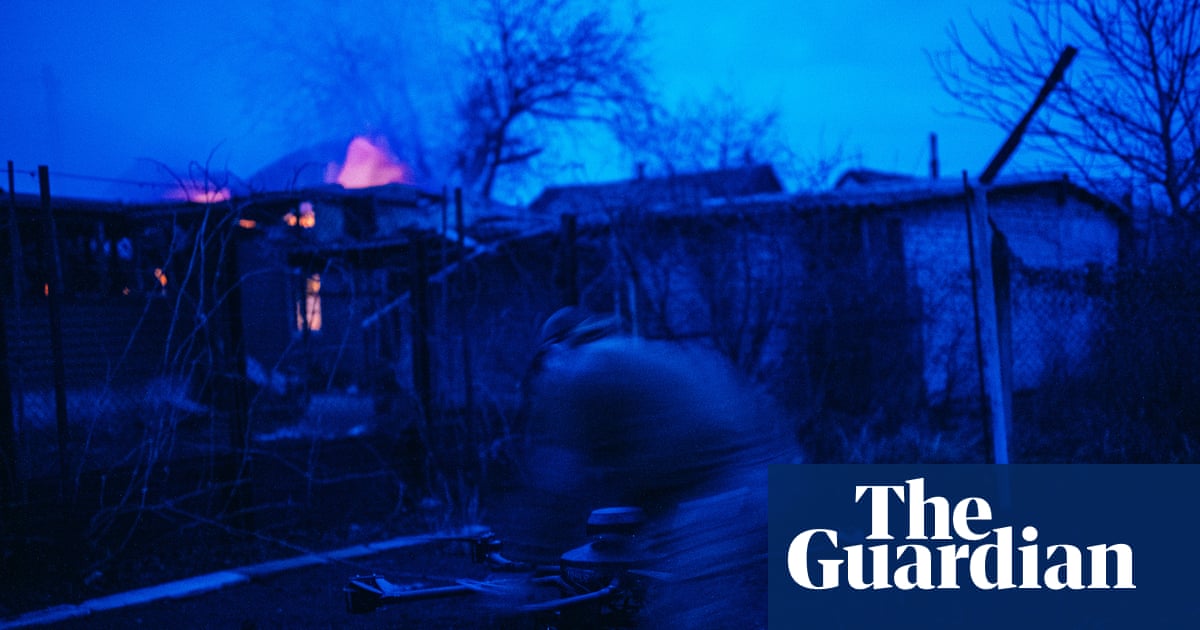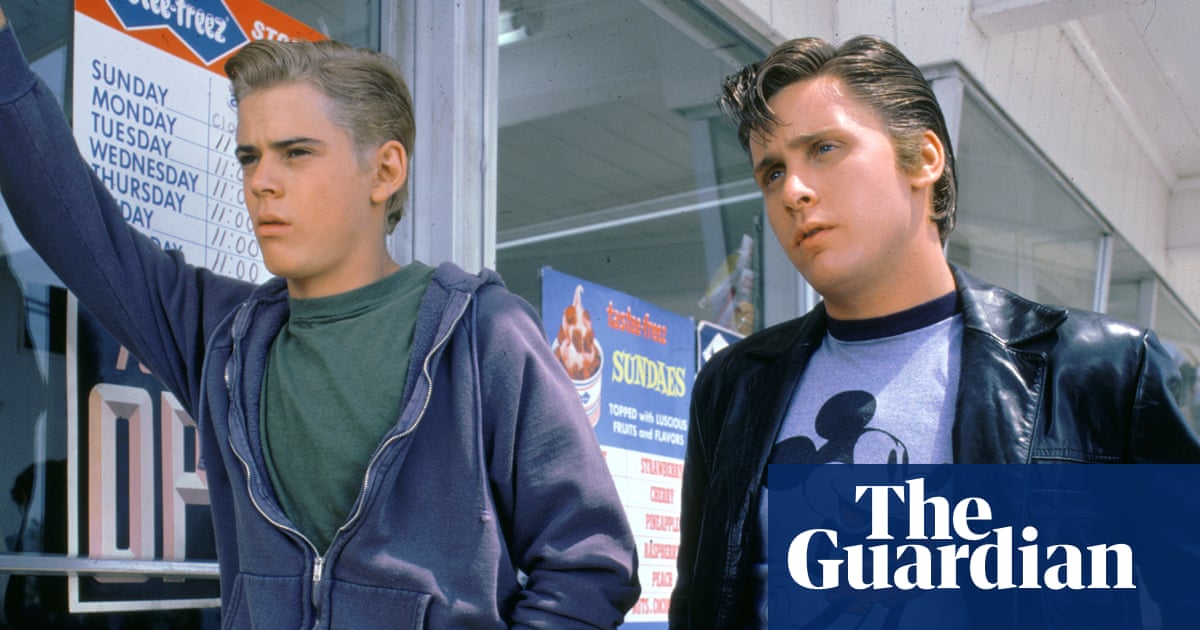The screen actor Embeth Davidtz makes a great feature directing debut with this utterly heartfelt, beautifully shot and meticulously realised movie in which she also stars – clearly a passion project – showing a troubled world through the unjudging eyes of a child. It is an adaptation of Alexandra Fuller’s award-winning memoir of the same name, about her childhood in Zimbabwe (then Rhodesia) in the late 1970s, just before the election that brought Robert Mugabe to power, ended white minority rule and sent a thrill of fear through the world of the white farmers, including her parents, who saw which way the wind of change was blowing.
There’s a lovely performance from seven-year-old newcomer Lexi Venter as Bobo, a smudgey-faced little kid left to run ferally and blissfully wild on her family’s disintegrating farm. This is a place where her parents sleep cradling guns; her dad (Rob van Vuuren) is away much of the time on a paranoid protective patrol with other white farmers, and her mum (a bravura performance from Davidtz) is going not-so-quietly frantic with depression and drink. She is blearily determined to stay on and to ignore her neighbours’ uneasy awareness of her past bipolar episodes, due to a family tragedy.
She is however always pleased when her husband returns. Bobo is banished from their bedroom on these occasions, because, as she sagely puts it while listening to the baffling headboard-bumping sounds from within, her mum and dad want to “move furniture around with their clothes off”. There is also an older sister Van (Anina Reed), whose blossoming adolescence attracts the attention of her creepy Uncle Anton (Albert Pretorius).
But most importantly and dangerously of all, there is their black nanny-maidservant Sarah (an excellent performance from Zikhona Bali) who genuinely loves little Bobo, but is furiously rebuked for this by her glowering husband Jacob (Shilubana N Fumani) who resents the child’s memsahib mannerisms, and who also senses that the Zanu-PF militia will take great exception to them associating so publicly with this white child. And so it proves.
It is a tremendous performance from Bali, to match those of Davidtz and Venter, although there is one qualm to be raised here: our final glimpse of Sarah is of her as a kind of hallucinated princess, a vision that exalts Bobo’s farewell; this arguably puts her in the contentious “Magical Negro” category, a black character who is there to facilitate a white character’s more significant emotional growth. Well, for all that, it’s a powerful, immersively detailed film, with three outstanding performances.

 2 months ago
51
2 months ago
51

















































